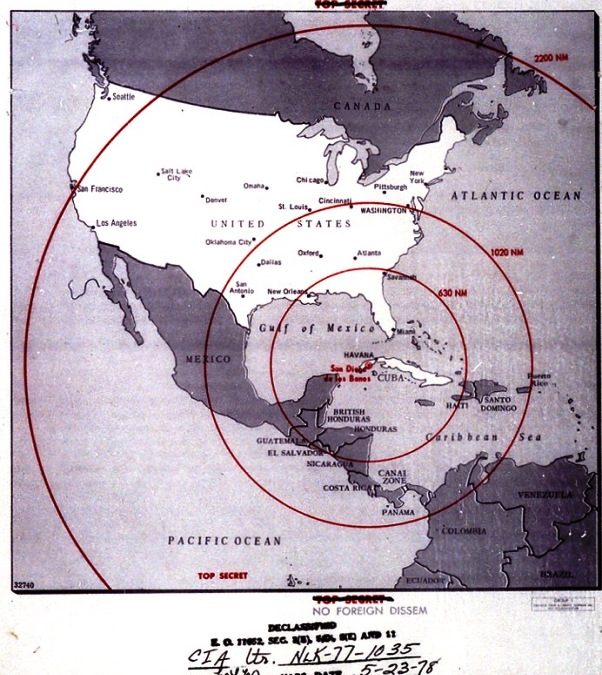Any veteran (or better, victim) of a US grad program in IR will be familiar with the Cuban Missile Crisis of October 1962. The Crisis is widely considered a turning point in the Cold War, the moment when both Soviet and American leaders realized that they had come perilously close to a devastating nuclear exchange that could have led to a global war. From then onwards, we are told, relations between the two superpowers took on a different cast, and indeed they did, but not necessarily only for the reasons usually ascribed to them. With the passage of time and the consolidation of...

Reframing the Cuban Missile Crisis in (Postcolonial) Time and Space
read more
